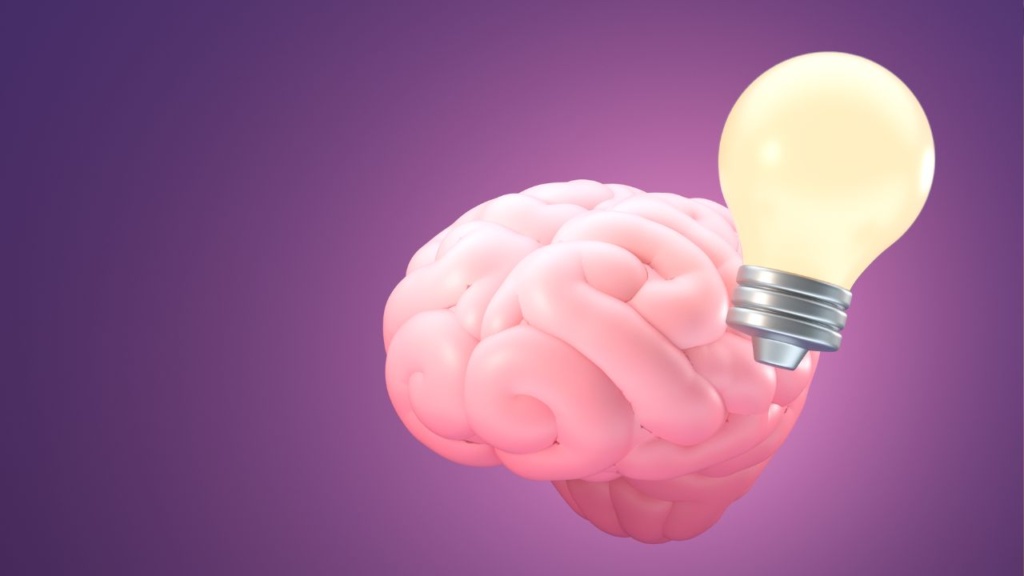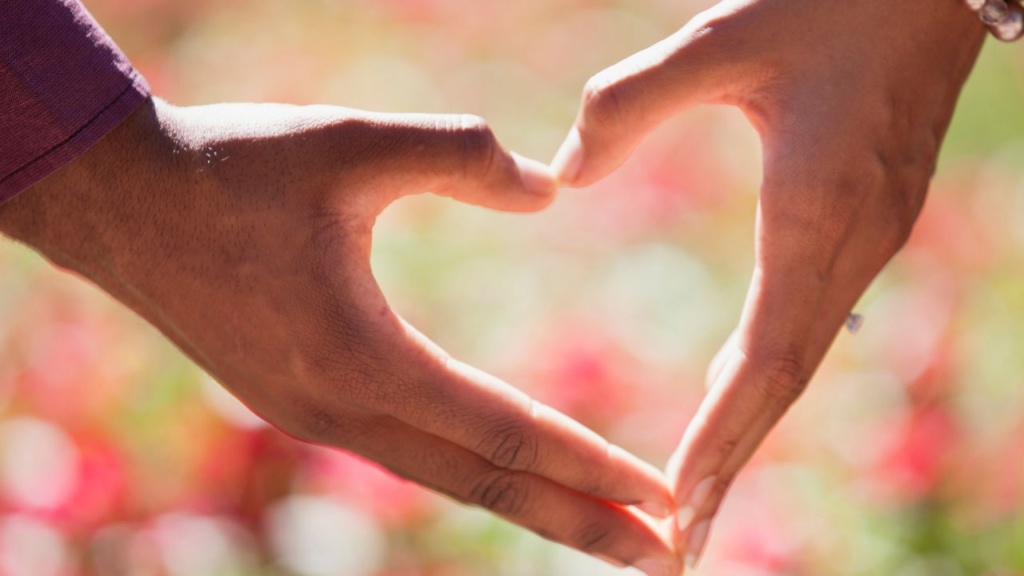Disclosure:
Thank you for reading this post, don't forget to subscribe!
Some of the links on this website are affiliate links. This means that if you click on the link and make a purchase, we may receive a small commission at no extra cost to you. Your support helps us keep the site running.Learn more on my Privacy Policy and Affiliate Disclosure page. Thank you for your support!

I’m going to kick things off by diving into what gratitude really is. It’s not just about saying ‘thank you’ or waiting until November to count blessings. Gratitude is a powerful mindset, a way of perceiving and interacting with the world that acknowledges the positive and doesn’t take the gifts of life for granted.
You’re going to find out about how this seemingly simple attitude can dial up the positivity in your life. It’s not just about making you feel good momentarily; it’s also about fundamentally changing how you approach daily challenges and interact with others.
Gratitude is more than just a pleasant feeling; it forms a cornerstone for robust mental health. By focusing on what’s going right, on the people who support us, and the opportunities we have, we’re building resilience. It’s a tool that empowers us to bounce back from the stresses of life.
learn more about: Harvard Health: Giving Thanks Can Make You Happier (An article on the power of gratitude for improving happiness).
This isn’t just about individual well-being; it’s also a building block for healthier communities. When people express gratitude regularly, they foster a sense of connection and shared positivity that can radiate outward, impacting others around them.
Now, you might be wondering how saying a simple ‘thanks’ can have such profound effects. That’s where the science comes in. In the next section, I’ll cover the scientific insights that back up the benefits of gratitude. We’ll look at how embracing gratitude can do wonders for your mental health by exploring the relationship between gratitude practices and well-being.
Scientific Insights: Gratitude and Mental Well-being

I’m going to reel you in with some compelling research findings that illustrate the connection between gratitude and mental health. You might be surprised to learn that saying ‘thank you’ isn’t just polite—it’s powerful medicine for your brain.
find out more about; Psychology Today: The Benefits of Gratitude (A deep dive into the mental health benefits of practicing gratitude).
Have you ever wondered if there’s concrete evidence to back up the benefits of gratitude? Well, there is. Multiple studies have shown that people who regularly express gratitude report fewer symptoms of illness, feel better about their lives as a whole, and show greater resilience in the face of stress. Basically, gratitude gets a gold star in the world of well-being.
Now, what’s actually happening in our brains when we engage in gratitude? There’s a lot of opportunity in neuroscience to understand this. Gratitude activates regions in the brain associated with neurotransmitters like dopamine and serotonin—the same ones implicated in happiness and reward. So, when you’re recognizing the good in your life, it’s like you’re giving your brain a mini dopamine boost.
Down load: Greater Good Science Center-The Science of Gratitude( A white paper prepared for the John Templeton Foundation by the Greater Good Science Center at UC Berkeley )
If you’re dealing with anxiety and depression, this isn’t just about feeling a bit cheerier; it’s about potential relief. People who embrace gratitude practices often experience a decrease in depressive symptoms. It’s kind of like finding an emotional equilibrium. They learn to dwell less on negative emotions and more on positive ones, promoting an overall healthier mindset.
You can always adjust your approach down the road, but here’s the kicker: developing an attitude of gratitude is one of the simplest, yet most effective strategies for improving mental health that I’ve come across. Choose something that resonates with you, and watch how it transforms your perspective.
In my opinion, armed with this scientific backing, we should all be looking for ways to fold gratitude into our day-to-day lives. And that’s going to include the simple, yet transformative practices I’ll share next. Spoiler alert: it’s easier than you think.
Integrating Gratitude into Daily Life

You’re looking to make gratitude a concrete part of your routine, I get it. Let’s talk about how you can slot gratitude exercises into the nooks and crannies of your everyday hustle.
I’m going to kick things off with gratitude journaling, which might just be the MVP of well-being practices. Picking a time each day to jot down a few things you’re grateful for can have a profound effect on your mental state. It doesn’t have to be exhaustive; three bullet points will do the trick. The key here is consistency.
But hey, we’re all different, and sometimes writing isn’t everyone’s jam. If that’s you, maybe a mental checklist during your morning commute or a few moments of reflection before bed could be your gratitude go-to.
Incorporating mindfulness practices that emphasize gratitude is another powerful avenue. Think meditation sessions that focus on thanking each part of your body or object around you for its contribution to your life.
Choose something that resonates with you. Whether it’s sending a thank-you note, sharing a word of appreciation with a colleague, or simply pondering on the good stuff during your morning coffee – it all counts.
You can always adjust your approach down the road, but what matters is that you’ve begun paving the way for gratitude to reshape your mental landscape.
explore more from morningscape mindset media:
- Gut Health Decoded: How Your Microbiome Shapes Energy, Mood, and Immunity
- The Science of Stillness: How Doing Nothing Can Heal Your Mind and Body
- Are You a Late-Night Snacker? 5 Possible Reasons Why You Can’t Stop Craving Food at Night
- The Ultimate Fat-Loss + Muscle Retention Blueprint (For Men)
- Smart Biceps Training: A Science-Backed Blueprint for Bigger, Stronger Arms
Community and Connection: Gratitude as a Shared Practice

Gratitude isn’t a solitary act, despite its deeply personal nature. The practice of gratitude can be transformative not only for the individual but also for those around them. When you express your appreciation towards others, you’re actively contributing to the foundation of stronger, more resilient relationships. Just like a simple ‘thank you’ can brighten someone’s day, consistent expressions of gratitude can lead to deeper and more meaningful connections.
Interestingly, the effects of gratitude have a ripple effect in society. The more gratitude is expressed within a community, the more people feel a sense of belonging and happiness. This isn’t just conjecture; studies have shown that gratitude can increase social capital, fostering a sense of cooperation and trust among community members. By recognizing and celebrating the good in others, we help promote an atmosphere where kindness and supportiveness become the norm.
Moreover, gratitude doesn’t have to be reserved for personal relationships. Workplaces that encourage gratitude among colleagues see improvements in morale and productivity. Schools that implement gratitude programs report a more positive school culture and enhanced student wellbeing. In essence, when gratitude is practiced collectively, it can bridge divides and build warmth in spaces where competition and stress often prevail.
Wrapping up, the practice of sharing gratitude is a powerful tool for creating harmony and reinforcing the social fabric of communities. It nurtures a culture of appreciation that can profoundly impact everyone involved. So, while maintaining a personal gratitude practice is beneficial, don’t underestimate the power of spreading gratitude in your wider circles. The potential for positive change is immense – for both individuals and the collective. Remember, gratitude shared is gratitude multiplied, and that’s a cause worth pursuing.

similar reads:
Discover the powerful link between practicing gratitude and increasing your self-confidence.
- Did you know that cultivating gratitude can not only improve your mental health and relationships but also significantly boost your self-confidence? By focusing on the positive aspects of your life and expressing appreciation for your strengths and accomplishments, you can develop a more confident and resilient mindset. Explore the fascinating connection between gratitude and self-confidence in our related article, “10 Steps To Boost Your Self Confidence,” and learn practical strategies for building a more grateful and self-assured outlook…Read More
Discover how incorporating gratitude into your morning routine can set the stage for a more productive and fulfilling day.
- Starting your day with a positive and focused mindset is crucial for productivity and success. By making gratitude a key component of your morning routine, you can cultivate a more optimistic outlook, reduce stress, and prime yourself for a day filled with purpose and accomplishment. Check out our related article, “Building a Morning Routine For a Productive Day,” to learn how expressing thankfulness in the early hours can transform your entire day and unlock your full potential…Read More
Elevate Your Mindset, Transform Your Life: Subscribe to MorningScape Mindset Media
Are you ready to unlock your full potential, cultivate a growth mindset, and create the life of your dreams? Welcome to MorningScape Mindset Media, your daily dose of inspiration, motivation, and practical strategies for personal development and self-improvement.
At MorningScape Mindset Media, we believe that the key to lasting success and fulfillment lies in the power of your mindset. That’s why we’ve created a platform dedicated to helping you elevate your thinking, overcome limiting beliefs, and develop the habits and strategies that will propel you towards your goals.
Stay Ahead with Morningscape Mindset Media!
Sign up now to receive exclusive updates on our latest posts — delivered directly to your inbox!
more about:
HEALTH / FITNESS / WELLNESS / NUTRITION
share this article







